
Equity and Ethics in Public Health Research and Evaluation
How do we conduct public health research and evaluation equitably and ethically?
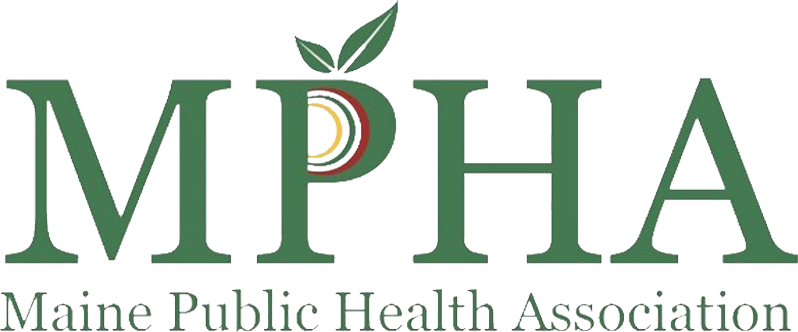
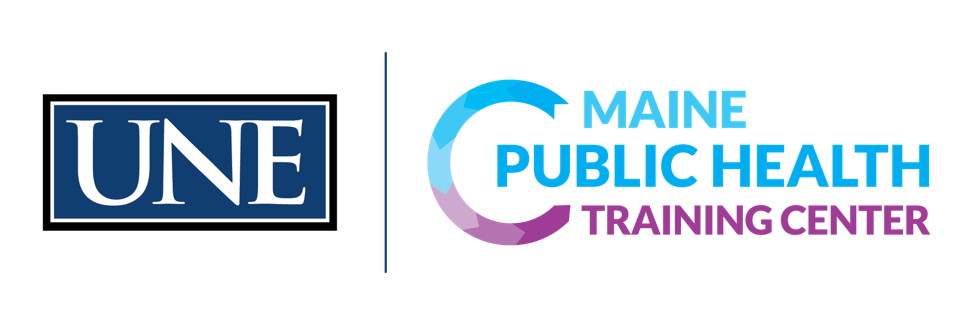
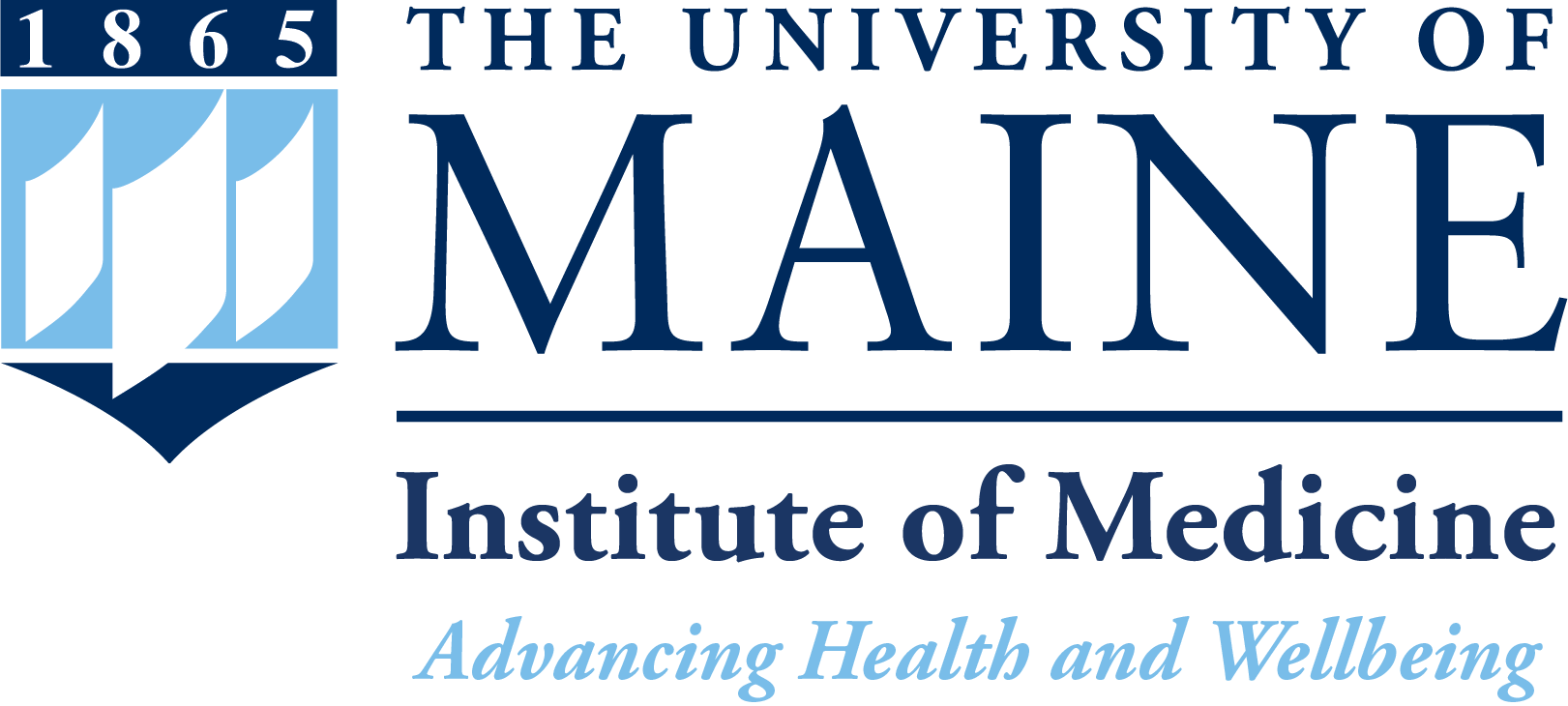
Register
Course Information
- Audience: Public health and health professionals
- Format: Online Webinar
- Date/Time: April 6th, 2023 8:30 AM- 4:30 ET
- Price: Free
- Length: 8 hours
- Credential(s) eligible for contact hours: Sponsored by New England Public Health Training Center (NEPHTC), a designated provider of continuing education contact hours (CECH) in health education by the National Commission for Health Education Credentialing, Inc. This program is designated for Certified Health Education Specialists (CHES) and/or Master Certified Health Education Specialists (MCHES) to receive up to 7 total Category I continuing education contact hours. Maximum advanced-level continuing education contact hours are 7. Provider ID: 1131137 Event ID: PM1131137_EEIPHREIf you are not seeking CHES/MCHES contact hours, if you complete the post-test and evaluation, you will receive a Certificate of Completion. The Certificate will include the length of the course.
- Competencies: Data Analytics and Assessment Skills
- Learning Level: Awareness
- Companion Trainings: None
- Supplemental materials:None
- Pre-requisites: None
About this Webinar
Join Maine Public Health Association and our partners in a day-long event to engage in dialogue and learning around equity and ethics in public health research and evaluation. Over the course of the day, we will follow the data lifecycle from design conceptualization to data collection, analysis, reporting, and ownership. We will discuss public health implications and strategies for overcoming challenges to improve the way we practice. We will use a mix of learning approaches, including didactic presentations, case studies, discussions, and opportunities for skill-building.
What you'll learn
At the end of the course, participants will be able to:
- Describe structural and systemic inequities, including implicit biases, which influence the data life cycle and have implications for public health practice.
- Consider practices that influence the equitable and ethical conduct of public health research and evaluation.
- Develop awareness of tools, skills and knowledge for responding to data equity challenges in public health research and evaluation.
- Describe approaches to community inclusion in study design, data collection, analysis, reporting, and data ownership.
Subject Matter Experts

Linda Silka
Anita Chandra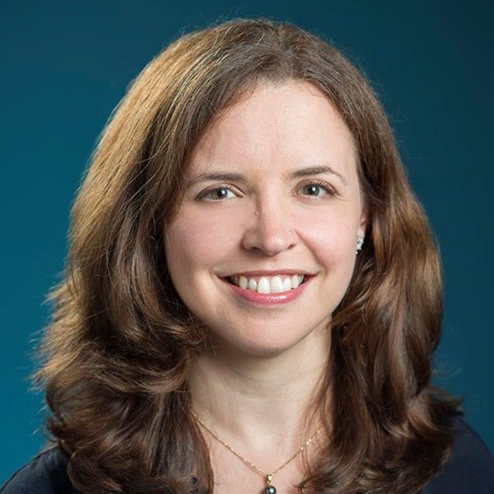
Laurie Martin
Lliam Harrison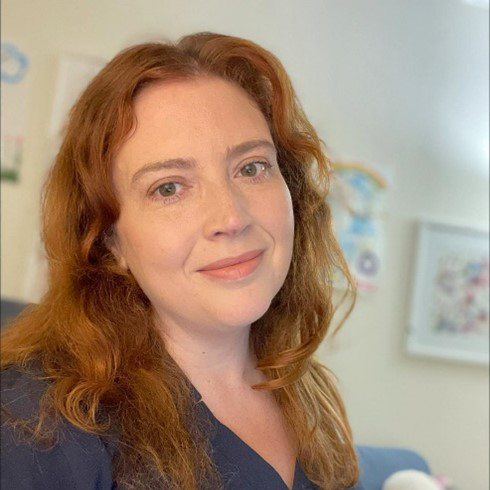
Karen Errichetti
Angela Okafor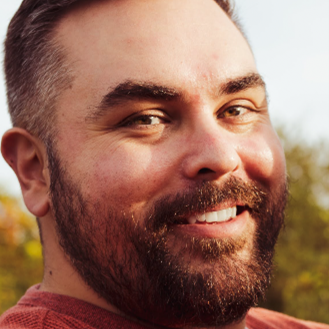
Ralph Cammack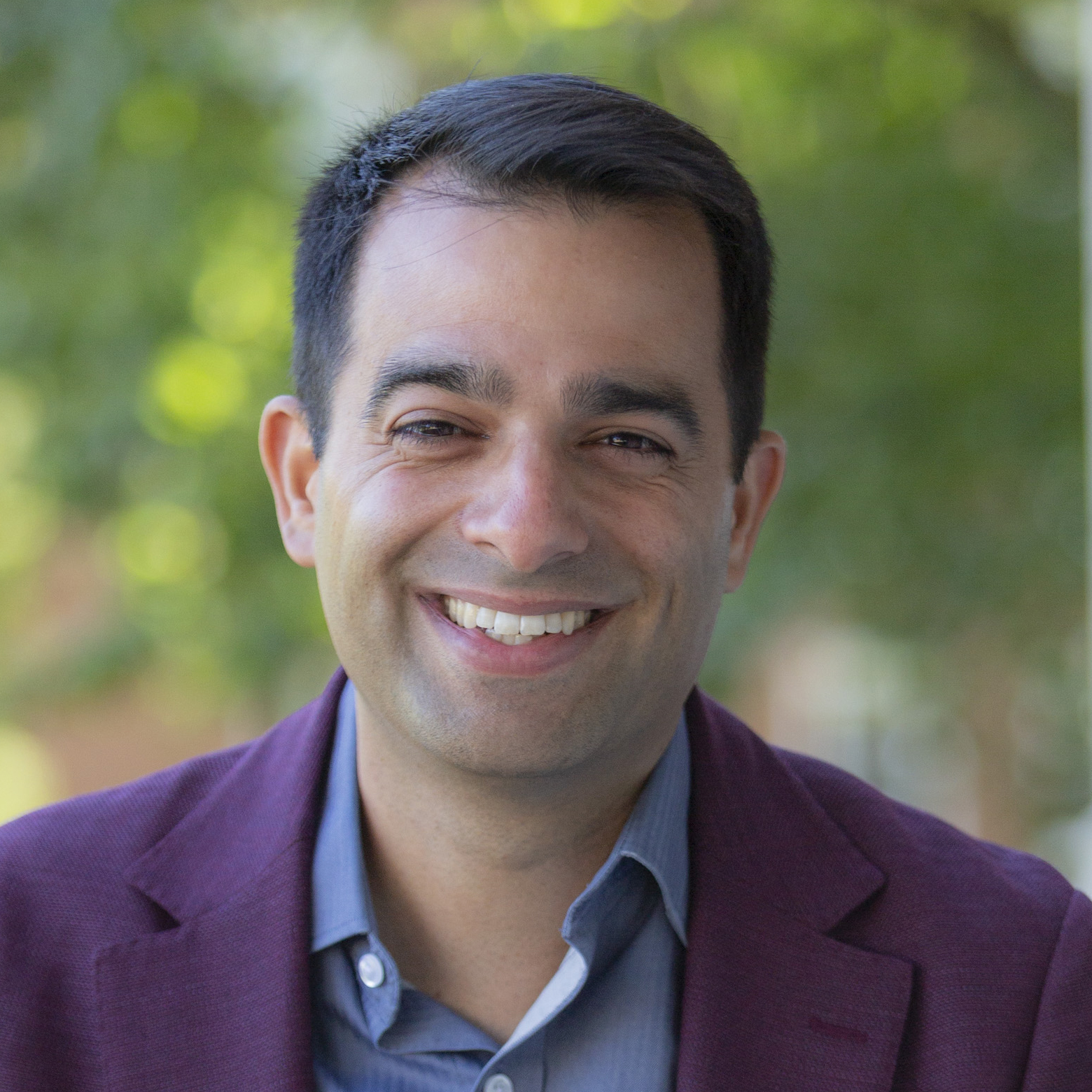
Ian Yaffe
Dr. Rebecca Petrie, PhD
Linda Silka's training is as a social and community psychologist and much of her work has focused on building community-university research partnerships. Prior to moving to the University of Maine, she was a faculty member for three decades at the University of Massachusetts Lowell where she directed the Center for Family, Work, Community, served as the Special Assistant to the Provost for Community Outreach and Partnerships, and was Professor in the Psychology Department and then University Professor in the interdisciplinary Department of Regional Economic and Social Development. Recent research partnerships she has led include the NIEHS-funded Southeast Asian Environmental Justice Partnership and the New Ventures Partnership, the HUD-funded Community Outreach Partnership Center and Diverse Healthy Homes Initiative, and the Center for Immigrant and Refugee Community Leadership and Empowerment. She has written extensively on the opportunities and challenges of building research partnerships with diverse groups and have consulted internationally on how to build community-university research partnerships.
Anita Chandra (she/her) is vice president and director of RAND Social and Economic Well-Being and a senior policy researcher at the RAND Corporation. She leads studies on civic well-being and community planning; disaster response and resilience; public health emergency preparedness; health and health equity; child health and development, and effects of military deployment on families. Throughout her career, Chandra has engaged government and nongovernmental partners to consider cross-sector solutions for improving community well-being and to build more robust systems, implementation, and evaluation capacity. This work has taken many forms, including engaging with federal and local government agencies on building systems for emergency preparedness and resilience both in the United States and globally; partnering with private sector organizations to develop the science base around child systems; and collaborating with city governments and foundations to modernize data systems and measure environmental sustainability, well-being, and civic transformation. Chandra has also partnered with community organizations to conduct broad-scale health and environmental needs assessments, to examine the integration of health and human service systems, and to determine how to integrate equity and address the needs of historically marginalized populations in human service systems. These projects have occurred in partnership with businesses, foundations, and other community organizations. Chandra earned a Dr.P.H. in population and family health sciences from the Johns Hopkins Bloomberg School of Public Health.
Laurie Martin is a social epidemiologist and senior policy researcher with over 20 years of experience in the fields of public health and health policy. Her primary research interests focus on improving health and well-being, and helping communities, stakeholders and policymakers collect and use data to make evidence-informed decisions. She is particularly interested in how health and financial literacy skills, language and culture influence the effectiveness of health and social services policy and programming. Throughout her career, Dr. Martin has worked with government and nongovernmental partners, including foundations and local communities, to consider cross-sector solutions for improving health and well-being at both the individual and community level. She has led numerous large-scale grants and contracts related to these issues and has extensive experience with both quantitative and qualitative methods. Martin received her master's degree from Boston University School of Public Health and her doctorate from the Harvard School of Public Health. She is based in Detroit, MI.
Lliam Harrison is a member of Huron’s IRB Service team. He has more than two decades experience in research integrity and research compliance in higher education and healthcare settings. He specializes research oversight services (IRB, IACUC and IBC) and Responsible Conduct of Research (RCR) and Research Integrity progam development and operations. Lliam has successfully negotiated no-action resolutions to allegations of non-compliance reported to the FDA and OLAW, and has conducted intenal investigations into allegations of research misconduct, human subject protections and animal welfare violations. He serves as a peer reviewer for the CITI Responsible Conduct of Research curriculum. Before joining Huron, Lliam was the inaugural IRB Manager at Dartmouth Hitchcock Medical Center, the only NCI Comprehensive Cancer Center in Northern New England. Prior to his role at Dartmouth Hitchcock, Lliam was the Director of Research Integrity and Deputy Research Integrity Officer at the University of New England, a health-sciences university in Maine, and was the Director of Research Integrity at the University of Southern Maine. In addition to these roles, Lliam has practiced trial and appellate law in state and federal courts, and has mediated over 1,500 cases in Arizona and Maine. In addition to legal and regulatory experience, Lliam has published research ranging from cross-cultural considerations in medicine, paleopathology, paleomycology, and biopolitical aspects of infectious disease.
Karen Errichetti, MPH, DrPH is an experienced program evaluator and strategic planner specializing in data visualization and supporting public health departments through accreditation and improvement planning. Dr. Errichetti has an academic appointment as an Assistant Professor at Tufts University School of Medicine and teaches masters level courses in program evaluation, public health assessment, and qualitative methods. Dr. Errichetti has extensive experience working with BIPOC and underserved populations, particularly Hispanic communities. For the Sí Texas Evaluation, a collective impact project funded by the Social Innovation Fund, she co-led a team that tested eight demonstrations of integrated behavioral health models in southern Texas US-Mexico border communities. In addition, she supervised three randomized control trials and four quasi-experimental studies for Si Texas. One of the trial sites that Dr. Errichetti supervised included patients who were largely undocumented and also under 200% of the federal poverty level. Dr. Errichetti also served as an advisor to a project with the U.S. Department of Health and Human Service’s Office on Women’s Health to assess the impact of energy development on the behavioral health of women in western North Dakota and Eastern Montana, providing expertise to the project on community-based data collection strategies designed to engage five different tribal communities. In 2022, she developed and conducted a health equity focused data visualization training for the Council of State and Territorial Epidemiologists as part of their national conference in 2021. Dr. Errichetti recently consulted with the Association of State and Territorial Health Officials in implementing the US Virgin Islands Department of Health’s first major health planning process after Hurricanes Irma and Maria. Dr. Errichetti assisted both the Connecticut Department of Public Health and the Massachusetts Department of Public Health in creating a set of health equity-based data visualization standards for their most recent state health assessments. Dr. Errichetti holds a Doctor of Public Health degree from Boston University, a master’s degree in public health from Yale University, and a bachelor’s degree from Wellesley College in Biological Sciences. in Massachusetts. She lives with her preschooler, husband, Westie terrier in central Massachusetts.
Angela Okafor is the Acting Director of Outreach and Community Engagement for the Permanent Commission on the Status of Racial, Indigenous, and Tribal Populations of Maine and the owner of Tropical Tastes & Styles International Market, in Bangor. She is a mother of three, an Immigration Attorney, an entrepreneur, a community leader and builder, and a Nigerian immigrant. Months after becoming an American Citizen, Angela’s first Vote was for herself in an election she won to become the first person of color and first immigrant to serve on the Bangor City Council. Angela served on the Presidents’ 2025 Commission on Excellence and Equity at the University of Maine, and the Advisory Committee of Maine Racial Justice Fund. She served on the Governor’s Maine Economic Recovery Commission. She was an AmeriCorps Vista Volunteer. She serves on the Board of the Maine Multicultural Center and Bangor Historical Society. Angela is a 2023 enlistee into the Marquis Who’s Who biographical directory, the First annual Community Solidarity award by Food and Medicine 2022, the Girls’ Scout Pearls of Wisdom Juliette Honoree for 2022, 2021 Trailblazer Award by the PCHC Dentistry Residency program, a Mainebiz Women to Watch 2020, Maine Women’s Fund Honoree 2020 and the Empower the Immigrant Woman Trailblazer Honoree 2018.
Ralph Cammack is a citizen of the Kingsclear First Nation and serves as the Research and Data Manager for Wabanaki Public Health and Wellness in the Center for Wabanaki Research, Knowledge and Innovation. Ralph’s professional experience includes public health, research, evaluation, and laboratory medicine. He served as the Infectious Disease Division Manager for Wabanaki Public Health during the COVID19 pandemic and oversaw the implementation of support programs and vaccine efforts in Wabanaki Territory. He also led the evaluation for the Maine Wabanaki-State Truth and Reconciliation Commission looking at events related to the Indian Child Welfare Act of 1978. He has a background in cancer laboratory medicine and supervised one of the largest cancer laboratories in Maine. He has a passion for bringing Indigenous values to research and data structures as well as continuing the efforts to decolonize these systems. He holds a Masters Degree in Public Health from the University of Southern Maine and is certified through the American Society for Clinical Pathology as a Hematology Technologist. When not doing his great work for WHPW, Ralph enjoys spending time with his family and creating music.
Ian Yaffe is Director of Diversity, Equity, and Inclusion for the Maine Department of Health and Services where he works to refine, implement, and make into a living document the Department’s Strategic Plan to Advance DEI. He previously served as Director of the Office of Population Health Equity (OPHE) at Maine Center for Disease Control and Prevention (CDC). Prior to joining the DHHS team, Ian served as Executive Director of Mano en Mano, a non-profit organization that works with immigrant and farmworker communities in rural Maine to advocate for change and ensure access to essential services, education, and housing. Ian holds a Bachelor's Degree in Latin American Studies and Education from Bowdoin College, and a Master of Public Administration Degree from the University of Washington. He is also a Senior Chief Boatswain's Mate in the U.S. Coast Guard Reserve and serves on the boards of Coastal Enterprises, Inc. (CEI), Maine Health Access Foundation (MeHAF), and Maine Philanthropy Center (MPC).
Co-CEO, Wabanaki Public Health and Wellness Dr. Rebecca Petrie has extensive experience working in Tribal Health, Health Equity, Public Health Nutrition, Program Evaluation, and Systems Development. As Co-CEO of Wabanaki Public Health and Wellness, Rebecca oversees the organization’s Operations and Research efforts. Her experience and leadership have been focused on project management and development, performance monitoring, research and data analysis, as well as grants and finance. This valuable work ensures the alignment of resources with a variety of programs, serving the needs of the communities. Prior to joining Wabanaki Public Health and Wellness, Rebecca worked in State government for ten years, serving the Office of Health Equity, the WIC Program, Public Health Informatics, and Infectious Disease Epidemiology. During this time, Rebecca reviewed and evaluated statewide health equity efforts. She developed and implemented a variety of tools to improve data collection, analysis, and reporting. Prior to State government, Rebecca worked at the Jackson Laboratory, studying genome informatics and conducting genomic analysis. Rebecca received her B.S. in Biochemistry from the University of Maine. She holds an MPH in Epidemiology from Emory University, as well as a PhD in Public Health-Community Health focus from Walden University. She currently serves as the Treasurer of the Board for Maine Women’s Lobby and Maine Women’s Lobby Education Fund.
Registration
Select the Enroll Me button below to register for this webinar. If you have any trouble accessing the webinar, contact support@nephtc.org.
Acknowledgement: This project is supported by the Health Resources and Services Administration (HRSA) of the U.S. Department of Health and Human Services (HHS) as part of award 2 UB6HP31685‐05‐00 “Public Health Training Centers.” The contents are those of the author(s) and do not necessarily represent the official views of, nor an endorsement, by HRSA, HHS or the U.S. Government.

